Concurrent Session Block I
CS1A: Staying With & Embracing Conflict: Moving from Triage to Long Term Recovery | White River C-D
Conflict often endures and ombuds can serve as a conflict engagement specialist to help parties work through the harder problems underlying disputes. An ombuds needs a different framework and additional skills to help parties probe deeply at the roots of their conflict and, via a disciplined framework, enable parties to meaningfully communicate over time as enduring conflict is confronted. This session will discuss conflict avoidance, conflict narratives, and the characteristics of enduring conflict and discuss specific skills and approaches to ombuds to empower parties to embrace and work through enduring conflict.
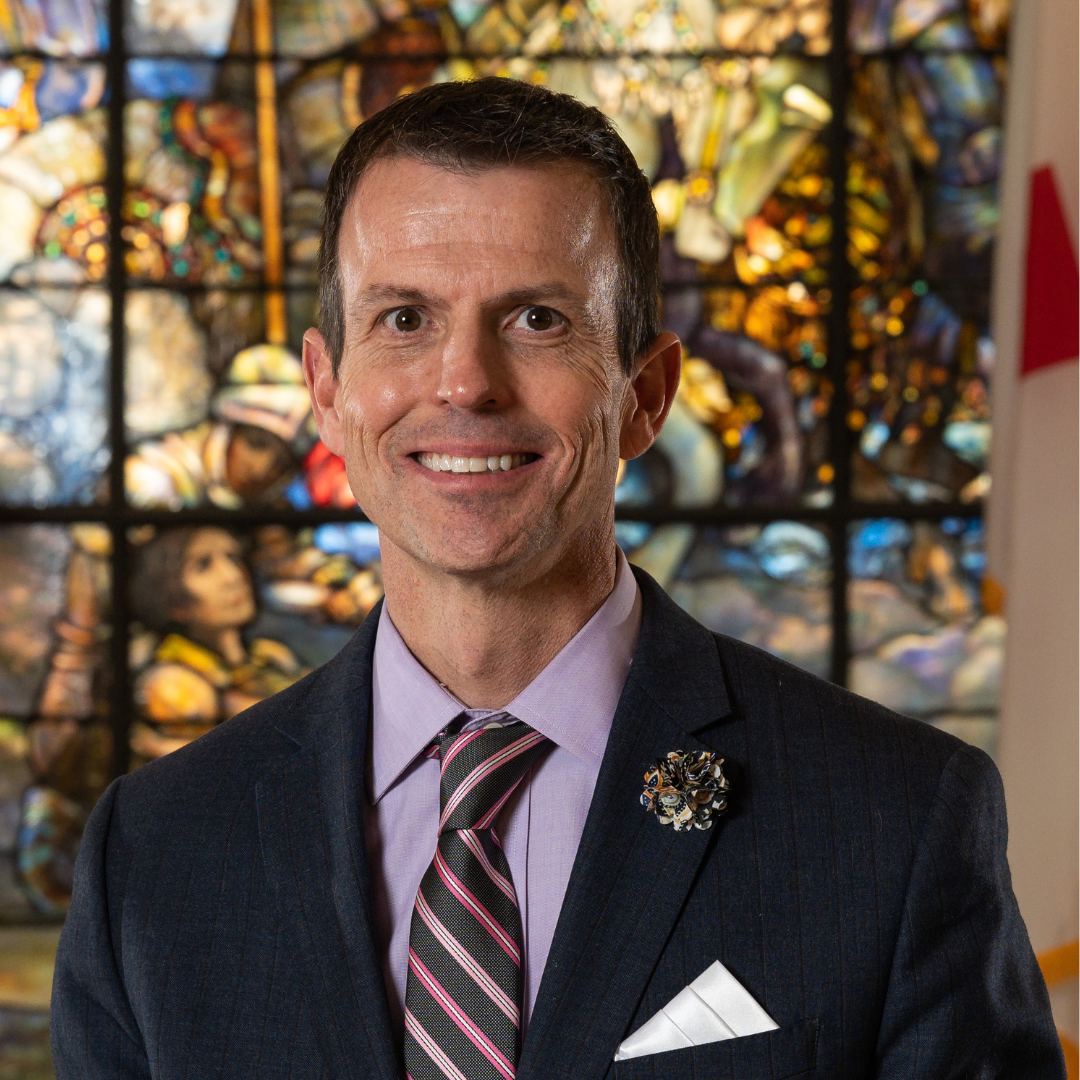
William Chadwick Austin is a Professor of Law at the United States Air Force Academy. As a professor, ombuds, mediator and lawyer, he has hundreds of experiences in trying to resolve conflict. While often successful, William has come to accept the fact that conflict often continues after "resolution" because of its deep nature. This approach takes a different mindset, set of skills and use of frameworks to help parties. It also takes courage by an ombuds to bypass a quick resolution and go deeper.
CS 1B: The Usual Suspects 2.0 | White River I-J
"The Usual Suspects" concept was developed and presented at the 2021 virtual IOA conference where it received strong reviews. Some attendees asked if it might be an annual program, and 2024 seemed like a great time to bring it back! The program is in panel form, is fast-paced, and provides practical skills to ombuds of all experience and skill levels. All ombuds attending will be able to add to their ombuds toolbox!
The panel for 2.0 includes Geetha Ravindra, Brian Bloch, Elisa Enriquez, and Roy Baroff who bring a significant range of conflict resolution (107 years total) and ombuds (51 years total) experience. All four are COOP Certified and have extensive training experience. Each panelist provides three ideas, concepts, and language that are "usual" in their visitor meetings (these are timed to keep the session moving). Then panelists are also invited to reflect and add to other panelist offerings in a "lightning round" format. In this manner, the session moves quickly and many concepts are shared. Those attending will also be invited to share their "usual suspects" in a paired exercise.
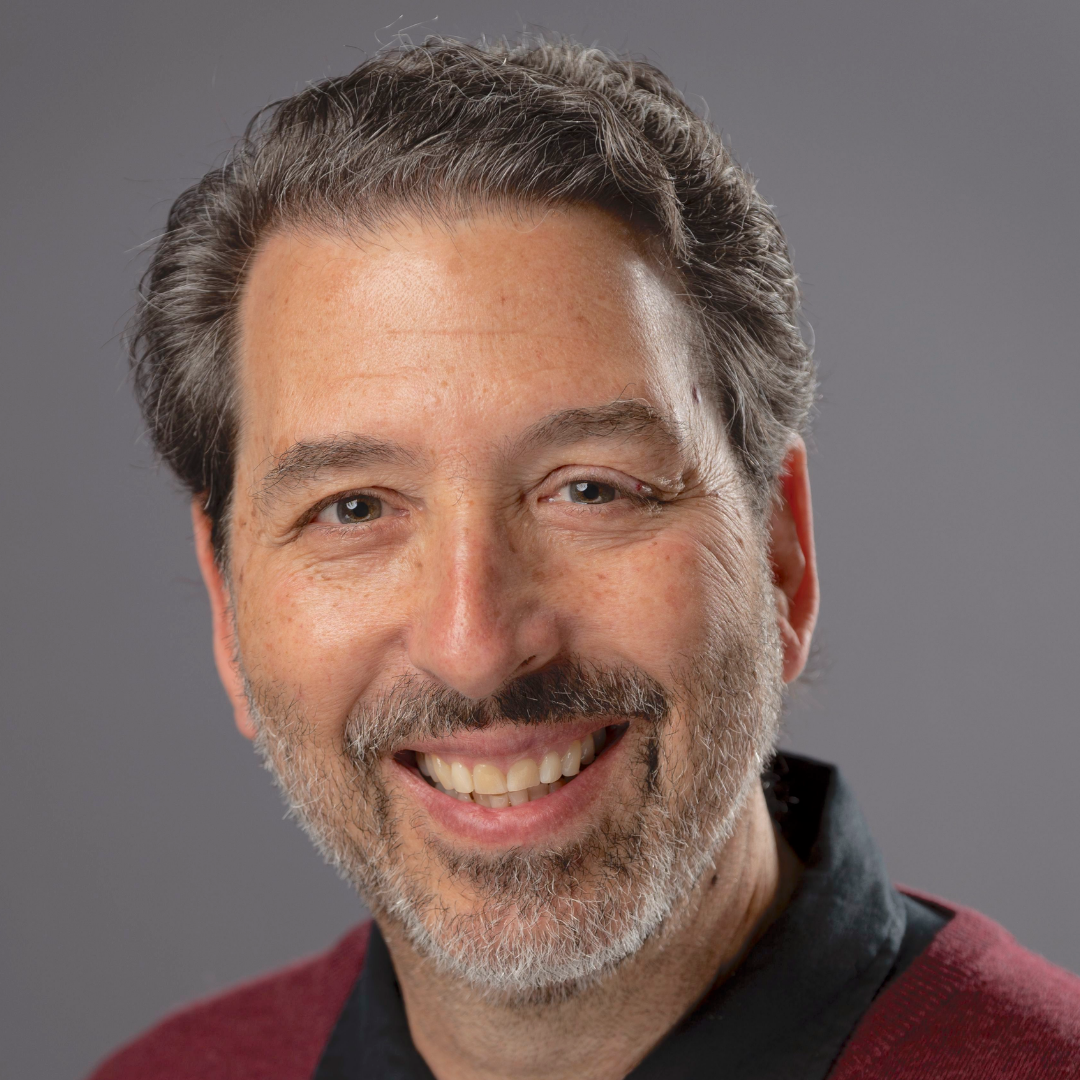 Roy Baroff is an experienced conflict engagement professional with significant ombuds experience. He established faculty and staff ombuds services for NC State University in Raleigh, NC, and also served 4 years on the IOA Board of Directors (2018 -22). Roy currently serves as an outsourced ombuds for The McCammon Group and MWI. He obtained the Certified Organizational Ombuds Practitioner (COOP) designation in 2017 (renewed in 2021). In February 2022 Roy served as a trainer for the IOA Foundations course and in November provided Mediation for Ombuds training. Roy is a recent recipient of the IOA President's Award. Roy Baroff is an experienced conflict engagement professional with significant ombuds experience. He established faculty and staff ombuds services for NC State University in Raleigh, NC, and also served 4 years on the IOA Board of Directors (2018 -22). Roy currently serves as an outsourced ombuds for The McCammon Group and MWI. He obtained the Certified Organizational Ombuds Practitioner (COOP) designation in 2017 (renewed in 2021). In February 2022 Roy served as a trainer for the IOA Foundations course and in November provided Mediation for Ombuds training. Roy is a recent recipient of the IOA President's Award.
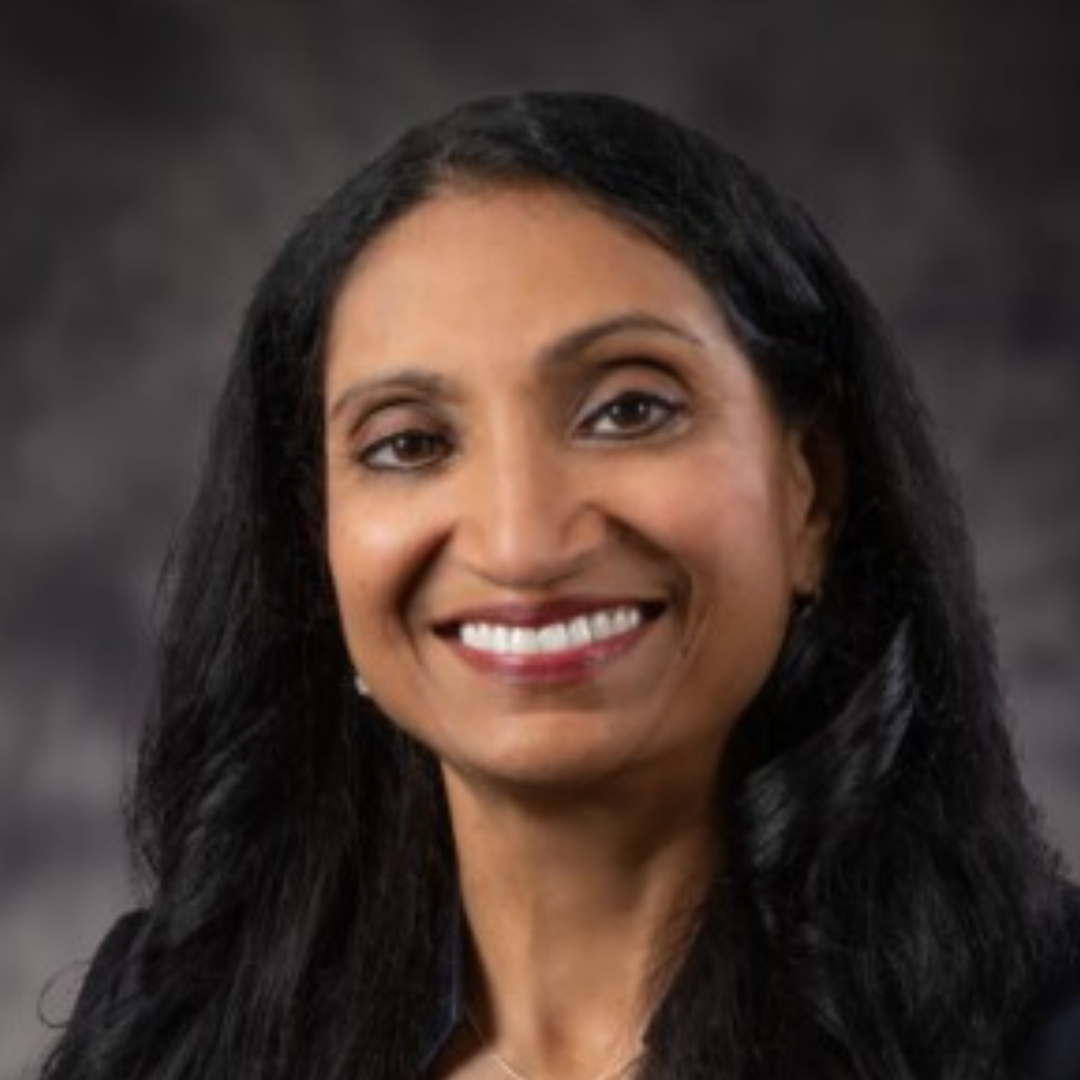 Geetha Ravindra is Vice President for Ombuds Services at The McCammon Group with over 30 years of ADR experience in international, federal, and state organizations. Following mediation and training services for the World Bank Group Geetha then served as in-house Mediator and Ombuds for the International Monetary Fund and the Center for Global Development. She then served as Director of Workplace Relations for the U.S. Court of Appeals for the Fourth Circuit. She is also an IOA CO-OP ombuds. Geetha Ravindra is Vice President for Ombuds Services at The McCammon Group with over 30 years of ADR experience in international, federal, and state organizations. Following mediation and training services for the World Bank Group Geetha then served as in-house Mediator and Ombuds for the International Monetary Fund and the Center for Global Development. She then served as Director of Workplace Relations for the U.S. Court of Appeals for the Fourth Circuit. She is also an IOA CO-OP ombuds.
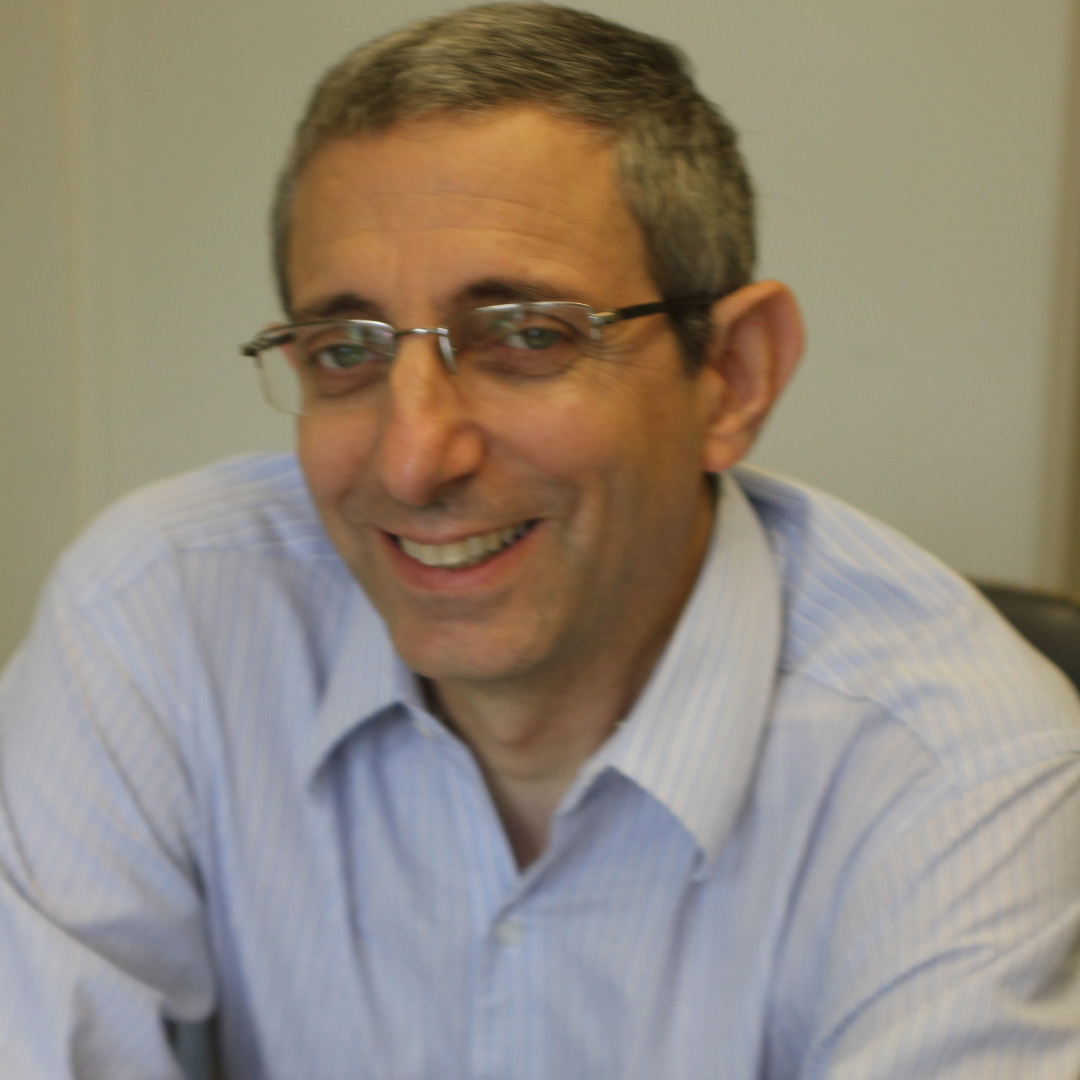 Brian Bloch has over 20 years of experience as an ombuds. He started and developed Ombuds offices in three different sectors: Government, NGO, and Faith-based. He established the Department of the Interior ombuds program that now has 5 ombuds and serves over 65,000 employees. He also started the ombuds programs at the Ashoka Foundation and ISKCON--both international organizations that work in more than 70 countries. Brian also ombuds for the Global Green Growth Institute and the World Central Kitchen. He is also an IOA CO-OP ombuds. Brian Bloch has over 20 years of experience as an ombuds. He started and developed Ombuds offices in three different sectors: Government, NGO, and Faith-based. He established the Department of the Interior ombuds program that now has 5 ombuds and serves over 65,000 employees. He also started the ombuds programs at the Ashoka Foundation and ISKCON--both international organizations that work in more than 70 countries. Brian also ombuds for the Global Green Growth Institute and the World Central Kitchen. He is also an IOA CO-OP ombuds.
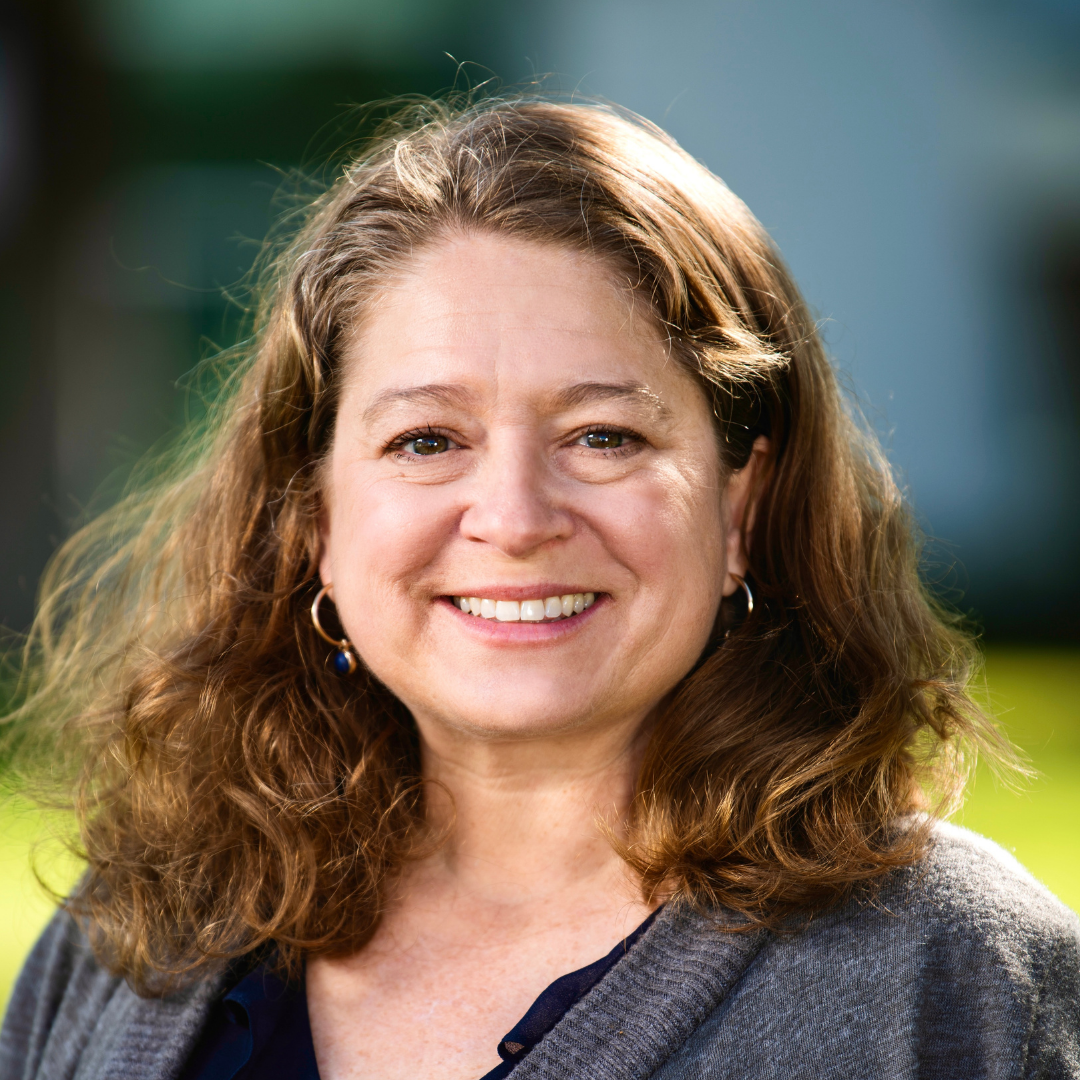 Elisa Enriquez is a CO-OP ombuds with over 24 years of experience as a coach, facilitator, trainer, and counselor. She currently serves as an outsourced ombuds with The McCammon Group and a contract ombuds with the National Institutes of Health (NIH). Elisa previously served as organizational ombuds for 13 years at Los Alamos National Laboratory. Elisa is an active IOA volunteer and mentor who supports professionalizing the ombuds field. She is a licensed clinical social worker and trained mediator. Elisa Enriquez is a CO-OP ombuds with over 24 years of experience as a coach, facilitator, trainer, and counselor. She currently serves as an outsourced ombuds with The McCammon Group and a contract ombuds with the National Institutes of Health (NIH). Elisa previously served as organizational ombuds for 13 years at Los Alamos National Laboratory. Elisa is an active IOA volunteer and mentor who supports professionalizing the ombuds field. She is a licensed clinical social worker and trained mediator.
CS 1C: Using Positive Psychology to Help Ombuds – and Our Visitors and Organizations- Flourish! | White River G-H
The misconception that ombuds exclusively focus on problems can fuel concerns, stigma, or other negativity that can impede visitor engagement and undermine the progress of individual ombuds (offices) and the ombuds field. That misconception fails to maximize the full potential of ombuds work. Integrating positive psychology into ombuds practice can recast ombuds as strategic partners to optimize the well-being of our visitors and organizations, while also promoting our own well-being and the well-being of our field.
Part I of the presentation will provide a summary of positive psychology, as the scientific study of human (and organization) flourishing. Additionally, Part I will establish a foundation for the application of positive psychology to ombuds work. This Part will explain how the integration of positive psychology into ombuds work can advance the ombuds profession. To harness the many benefits of positive psychology for ombuds, our visitors and organizations, and our field, Part II of the presentation will introduce a novel positive psychology framework for ombuds casework, developed by the presenter. That framework will illustrate how using positive psychology techniques can boost the well-being of visitors, ombuds, and our organizations; enhance the strategy and efficacy of ombuds practices; and reinforce the credibility and value of ombuds work.
Julie Muroff, 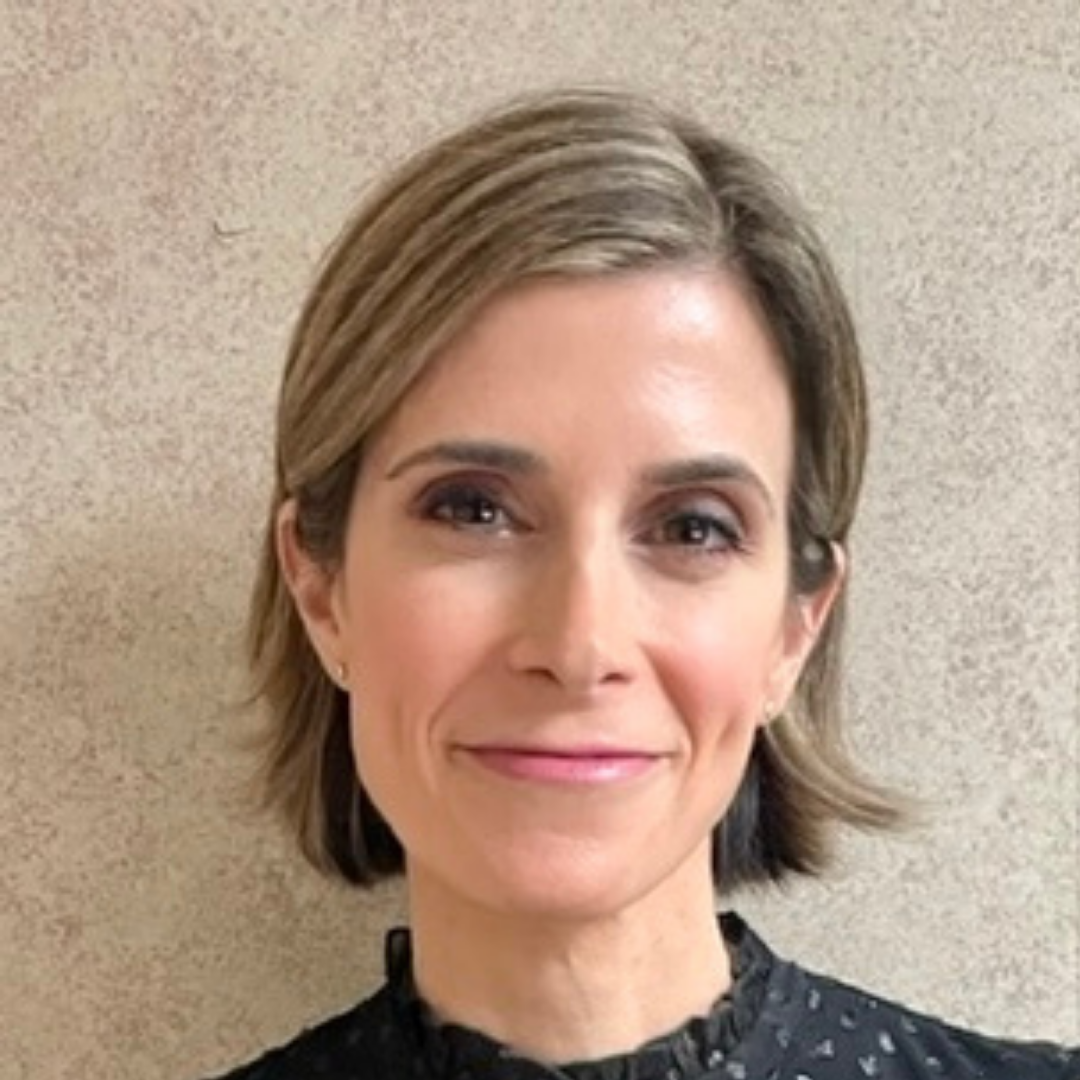 CO-OP®, MAPP, JD, LLM, PCC, has served as the founding Ombuds Director at the Janelia Research Campus of the Howard Hughes Medical Institute (HHMI) since March 2021. Previously, Julie worked for over 15 years at the National Institutes of Health (NIH) in several leadership roles, including appointments as Acting NIH Ombudsman and Director of the NIH Center for Cooperative Resolution, Acting Chief Counsel, and Senior Advisor for Research Integrity. Julie's prior roles were in law firms, academia, and nonprofits. Julie holds a Master's degree in Applied Positive Psychology (MAPP), in addition to her undergraduate degree in Psychology and her law degrees. She has focused her career on helping professionals manage conflict and change through her work as an ombudsman, attorney, credentialed executive coach, mediator, facilitator, and presenter. CO-OP®, MAPP, JD, LLM, PCC, has served as the founding Ombuds Director at the Janelia Research Campus of the Howard Hughes Medical Institute (HHMI) since March 2021. Previously, Julie worked for over 15 years at the National Institutes of Health (NIH) in several leadership roles, including appointments as Acting NIH Ombudsman and Director of the NIH Center for Cooperative Resolution, Acting Chief Counsel, and Senior Advisor for Research Integrity. Julie's prior roles were in law firms, academia, and nonprofits. Julie holds a Master's degree in Applied Positive Psychology (MAPP), in addition to her undergraduate degree in Psychology and her law degrees. She has focused her career on helping professionals manage conflict and change through her work as an ombudsman, attorney, credentialed executive coach, mediator, facilitator, and presenter.
CS 1D: Failure, Self-Reflection, and Accountability in Ombudsing | White River B
Ombuds work is difficult. The challenges of assisting our communities in managing conflict range from secondary trauma to empathy depletion. Understandably, these challenges often lead us to focus on care, support, and affirmation on the rare occasions when ombuds come together. However, while necessary, this focus on self-care can become an obstacle to learning from our mistakes. When we advise visitors, we often discuss the necessity of candid self-assessment. Yet, can we practice these values ourselves? In fact, from the presenters' perspectives, many of the most effective panels and presentations at IOA conferences have come from those willing to candidly share mistakes and discuss what they have learned from failure.
This presentation is an attempt to normalize these discussions and practice reframing failure as a learning opportunity. We hope to show that the courage and vulnerability it takes to discuss failure openly is not a weakness, but an essential part of becoming fairer, more transparent, and more resilient as ombuds. The format of this discussion will be a short introduction of the challenges of accepting failure, including the presenters' own candid acknowledgments of where they feel they fell short. This discussion will then extend to the broader discussion where attendees are invited to share their own experiences of failure and what they learned.
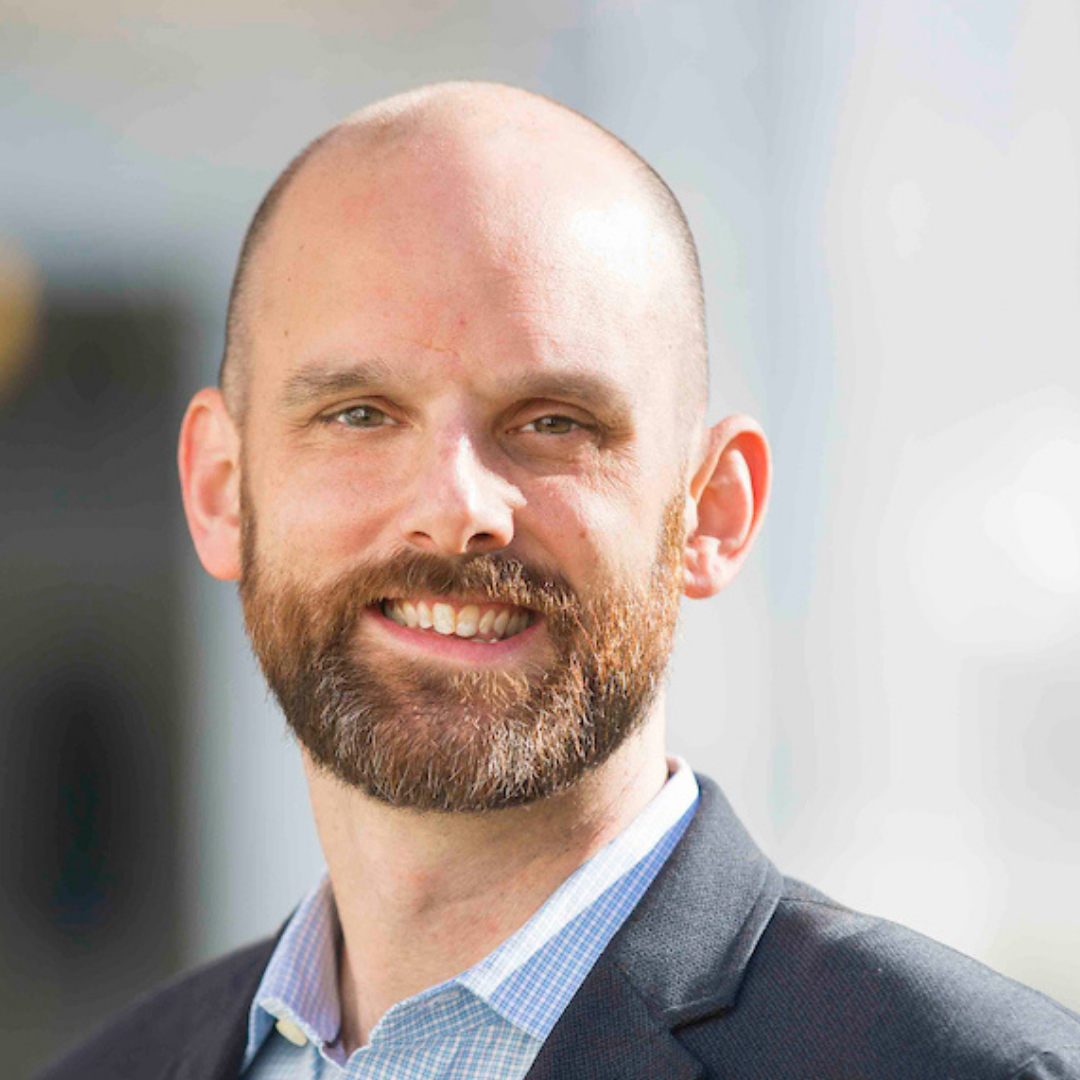
Brian Green, Associate Ombuds at Emory University, Atlanta, GA, developed his passion for public health perspectives on conflict during his Peace Corps service in Chad. He later earned a joint degree in law and theological studies at Emory where his thesis explored Liberia's trials by ordeal, critiquing mitigation strategies. Brian practiced law with Atlanta Legal Aid and as a labor litigator. He co-founded Emory's Ombuds office in 2019. His proposal stems from work with Woodruff School of Nursing, integrating conflict management into nursing professionalism courses. Brian resides in Atlanta with wife Courtney, daughter Blake, and fur baby Tallulah.
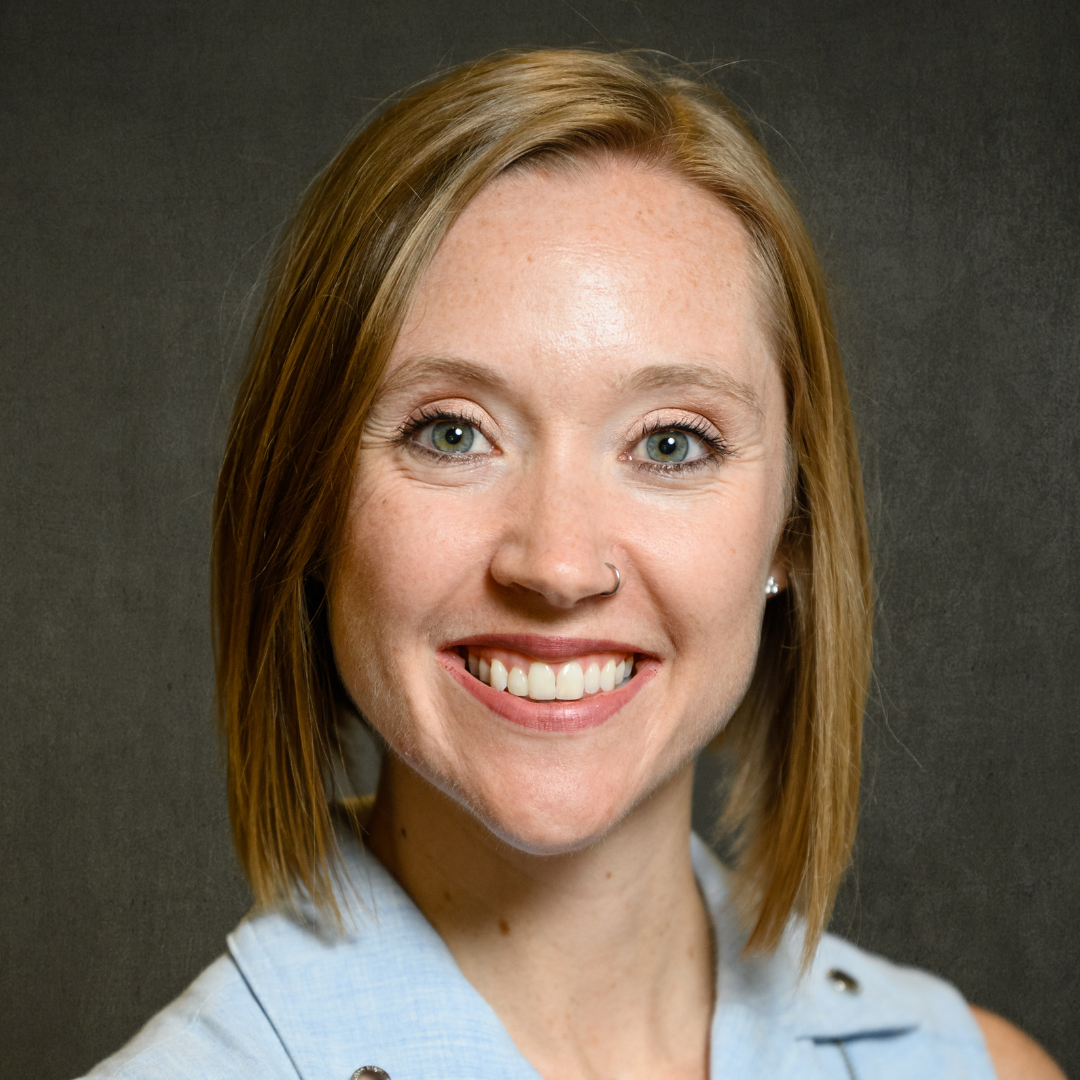 Tessa Byer has served as the University Ombuds at Clemson University in Clemson, SC, since August 2021. She has been a mediator, conflict coach, trainer, and Ombuds consultant since 2015, and she has provided conflict resolution in many contexts, including divorce, workplace, family, religious, landlord/tenant, permanency, harassment prevention, and small-claims court. After working as a housing mediator at a nonprofit in Cambridge, MA, she founded The Resolved Approach, which provides affordable mediation and conflict resolution services to individuals and organizations. In 2019, Tessa was able to redesign and teach the graduate mediation course at Brandeis University, and she served as a restorative justice facilitator for Communities for Restorative Justice for six years. Tessa holds a Master of Arts in Coexistence and Conflict from Brandeis University and a Master of Community Planning from Auburn University. Tessa Byer has served as the University Ombuds at Clemson University in Clemson, SC, since August 2021. She has been a mediator, conflict coach, trainer, and Ombuds consultant since 2015, and she has provided conflict resolution in many contexts, including divorce, workplace, family, religious, landlord/tenant, permanency, harassment prevention, and small-claims court. After working as a housing mediator at a nonprofit in Cambridge, MA, she founded The Resolved Approach, which provides affordable mediation and conflict resolution services to individuals and organizations. In 2019, Tessa was able to redesign and teach the graduate mediation course at Brandeis University, and she served as a restorative justice facilitator for Communities for Restorative Justice for six years. Tessa holds a Master of Arts in Coexistence and Conflict from Brandeis University and a Master of Community Planning from Auburn University.
|